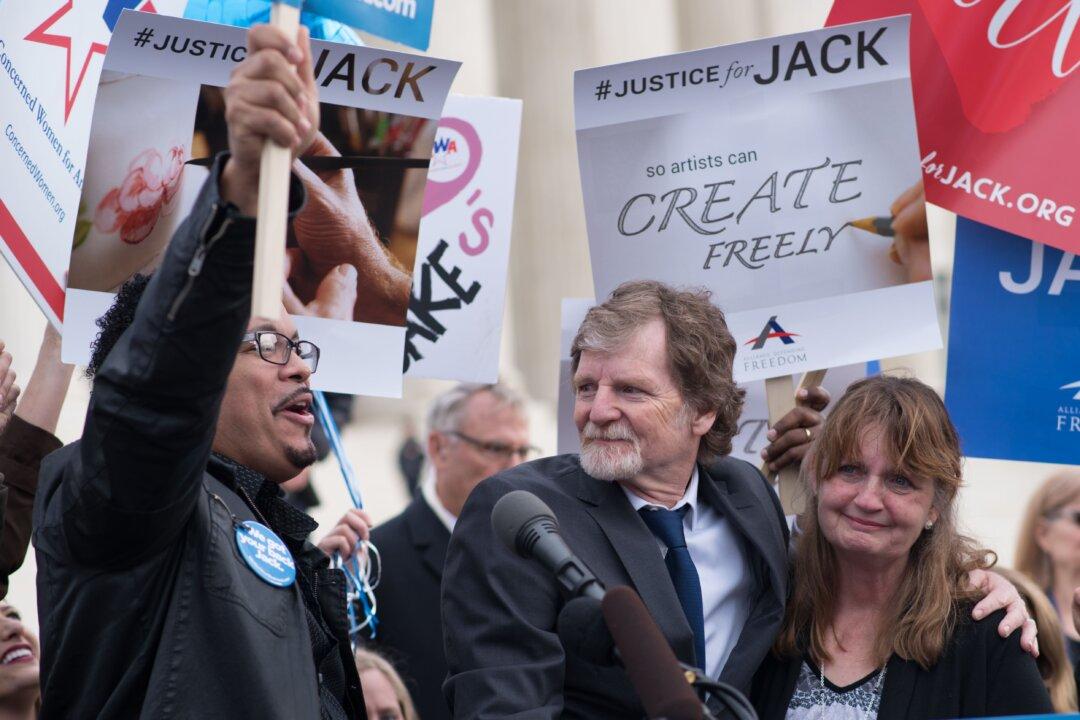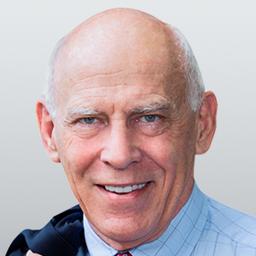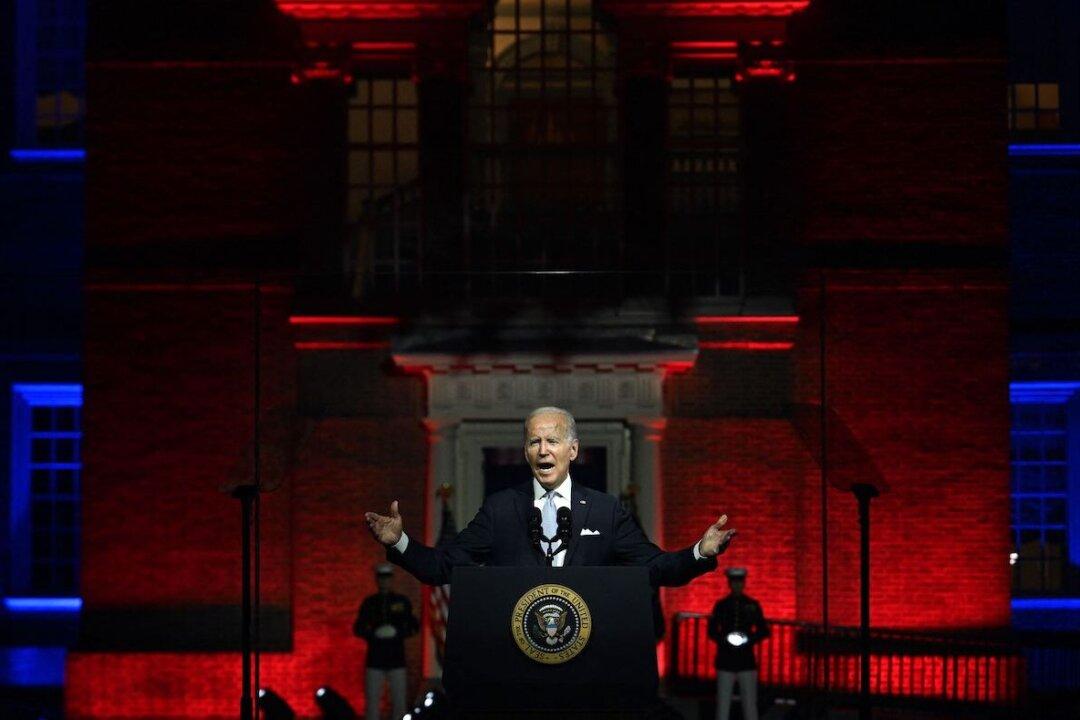Commentary
Why do they hate us? Eastern Orthodox writer Frederica Mathewes-Green, in a recent essay, considers the question—not about the severe persecution faced by hundreds of millions of Christians worldwide, but rather the particular kind of hatred encountered by Christians in the United States.





